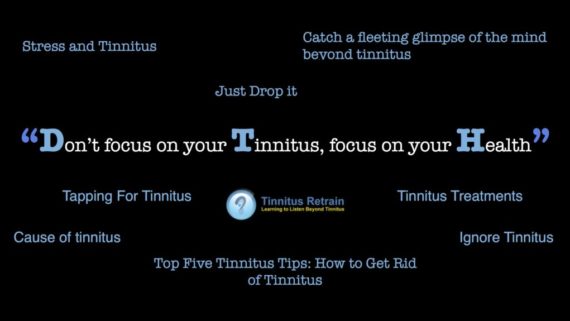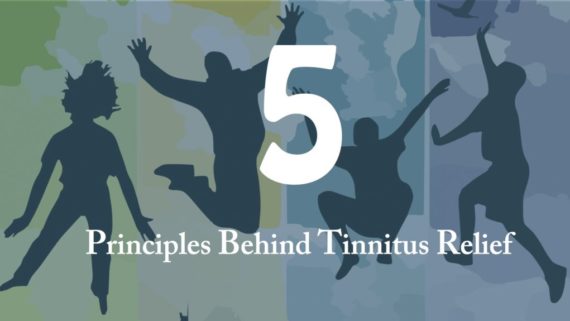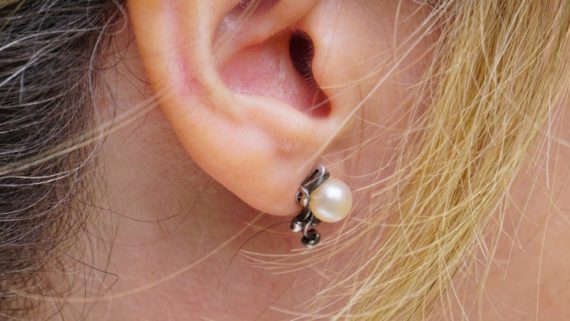Three common and interesting questions I receive on a weekly basis are what does tinnitus sound like? How long does tinnitus last and what is the most common cause of tinnitus? These are interesting questions, which can lead to some helpful answers to the condition. Let’s start with what does tinnitus sound like? The sound of tinnitus can vary a great deal from one individual to the next. Tinnitus is a subjective condition, meaning no two people will have the same experience. Tinnitus is defined as the perception of sound when there is no external source present. Typically most people think of tinnitus as a ringing in the ears but the noise can be a hiss, a buzz, a roar, a click or any other sound for that matter. The noise may be continuous or it may occur intermittent, it may be pulsatile (throbbing) or constant and its pitch may be high or low. Some studies say up to 1 in 5 people in North America are afflicted with this condition. So there is no correct or exact answer to the question regarding the exact sound of tinnitus as it changes from person to person. However, the most common sound reported tend to be a high pitch ringing or a buzzing. But, tinnitus can appear as any internal noise, which has no external connection. When I was personally asked what does tinnitus sound like I’d have report a high pitch ring. I could only describe it like having a wasp constantly buzzing inside my left ear. But since helping many people with tinnitus through the tinnitus retrain system I’ve heard personal reports varying from roaring, rushing, throbbing, and beeping, to a mechanical hum.
The second question we can explore is how long does tinnitus last? Well, again this can be a wide ranging and varied question one which could depend on many factors. Everyone at some point has point has suffered from a ringing in the ears that eventually subsides over a period of a few days perhaps after a loud concert, a head cold or an ear infection. But typically when a doctor is asked regarding the duration of tinnitus he or she will usually advise that any persistent noise inside the inner ear, which hasn’t cleared up within 4 months up to 12 months, could be considered permanent tinnitus. So when addressing how long does tinnitus last one must take into account their own histrionics. For example how has this noise in the ears come about? How long it’s been with them? From here along with their doctor they can make the assessment as to whether it could be permanent or not. Which leads us into the final question what is the most common cause of tinnitus? To get a comprehensive and thorough breakdown of the myriad of factors that can cause tinnitus please checkout my article Causes of Tinnitus
But first and foremost let me state that tinnitus is a Symptom not a disease, tinnitus is a symptom of some sort of damage, injury, inflammation, anatomical change, disease/infection, change in biochemistry, change in perception, medication, hearing loss or simple wear or tear.
As stated above, if you’d really like to explore the possible causation behind your tinnitus visit Ringing in the ears but for now we are just addressing what is a mayor cause of tinnitus is. First lets address what the primary reason is behind most short-term tinnitus cases. Short-term tinnitus is considered to be a noise, which lasts no longer than 6 day to 6 months before subsiding. The number one cause of tinnitus in a short-term case would have to be noise exposure, either due to a loud concert, headphones, or workplace. Once the offending noise has been eliminated from the individual’s environment the ears should return to normal after a given time. However, if one exposes ones self to the noise, over and over again, there is a chance that your ears will become permanently damaged possibly resulting in long-term tinnitus.
Which leads us to the question what is the most common cause of tinnitus for the long-term sufferer? Ironically enough, the most common cause happens to be the same as for the short-term sufferer, but this time its called “age induced hearing loss.” The reality behind age induced hearing loss is its just “noise induced damage” but over a much long period of time. And you just weren’t able to perceive the damage until it presented its self as tinnitus years down the line.
Again this question just addresses the common tinnitus causes the reality of tinnitus is that there are many, many possible causes, ranging from noise exposure, and medication to hypersensitivity.
But, regardless of how you’ve acquired tinnitus the reality is the same, tinnitus is an annoying, debilitating condition, which to date has no cure. But there is a way out of your suffering, its not found in drugs, surgery, masking devices, secret herbs, vitamins or extreme alternative therapies. Your doorway out of suffering lies in exploring something much simpler.









